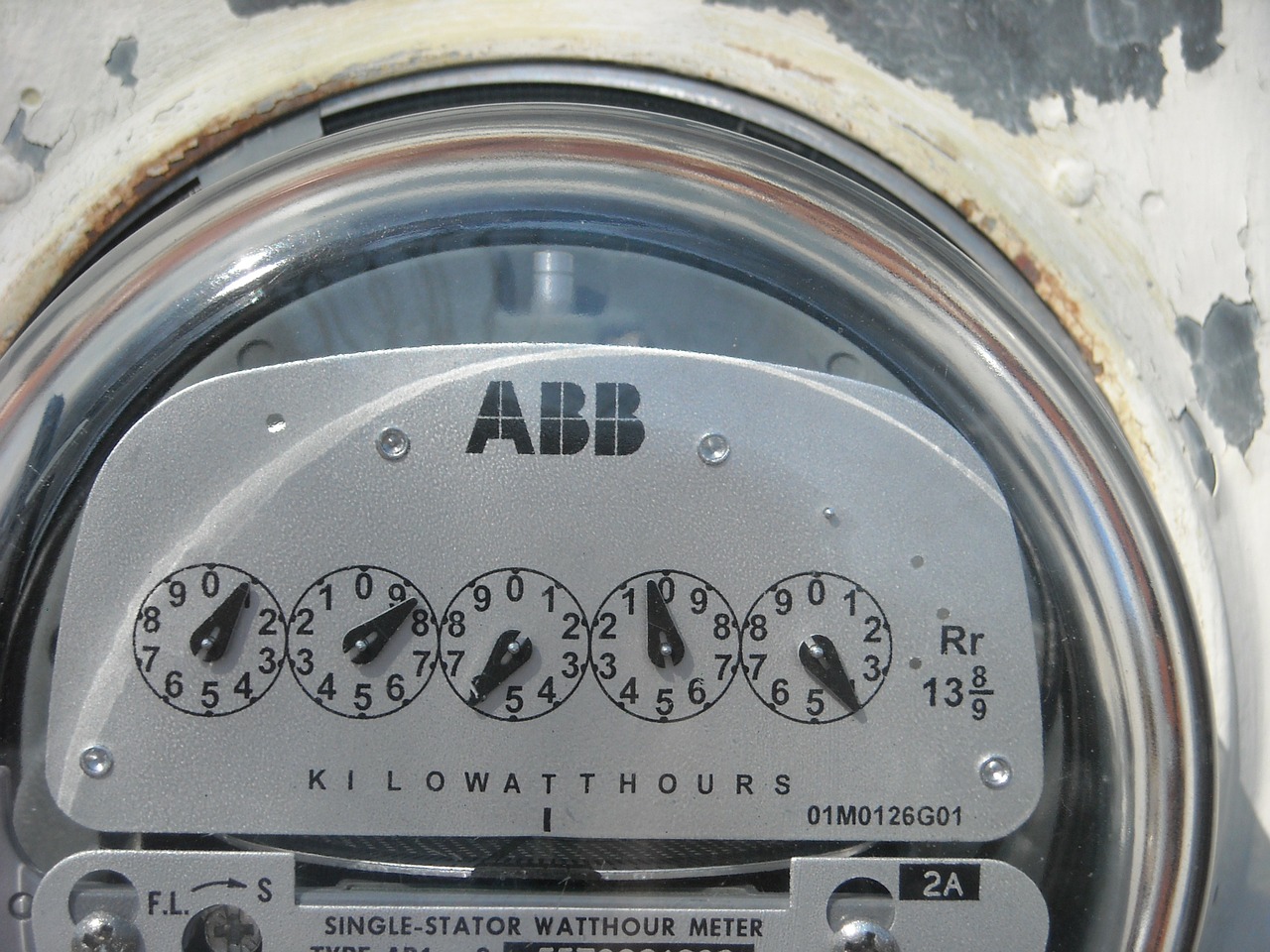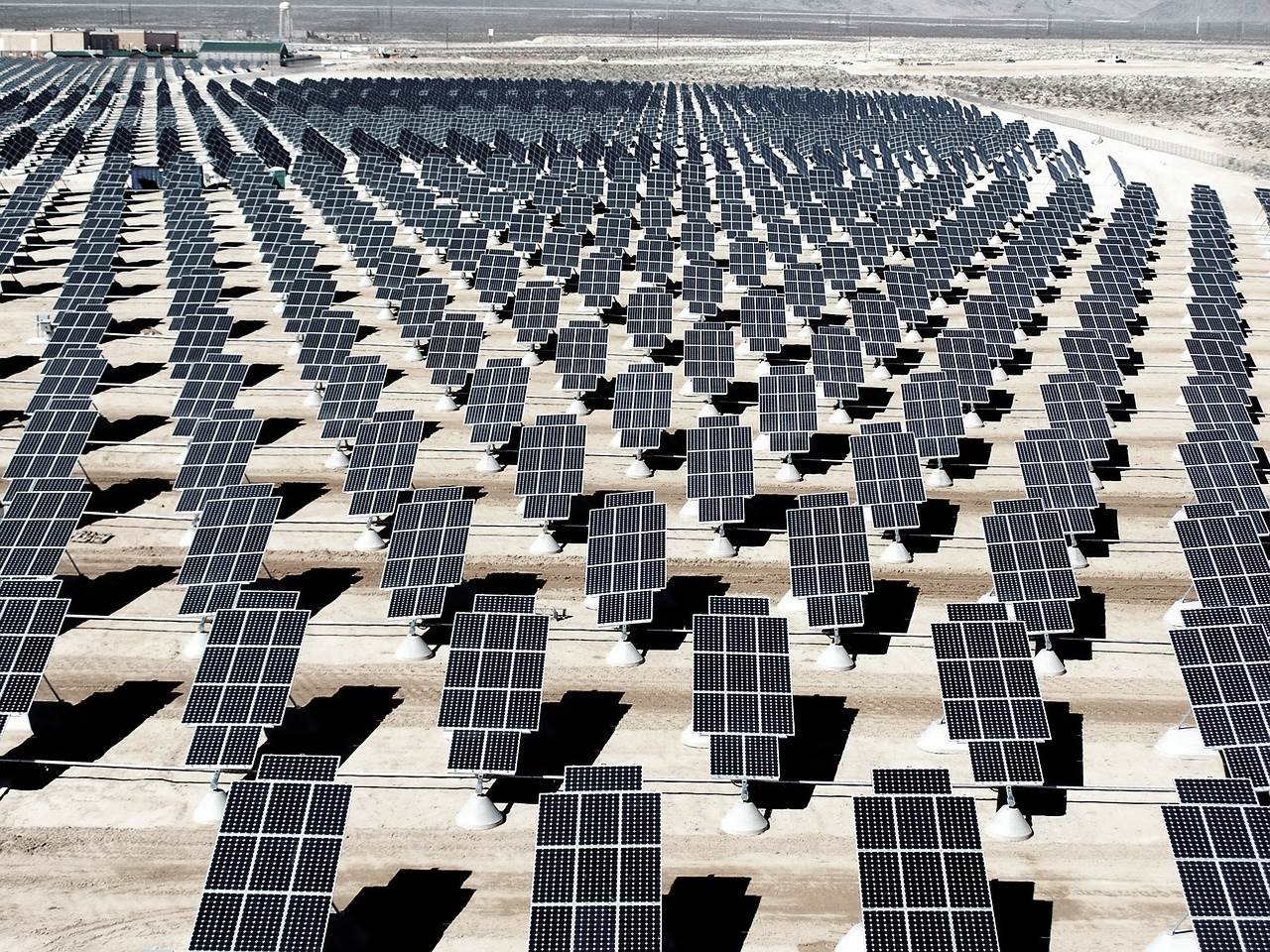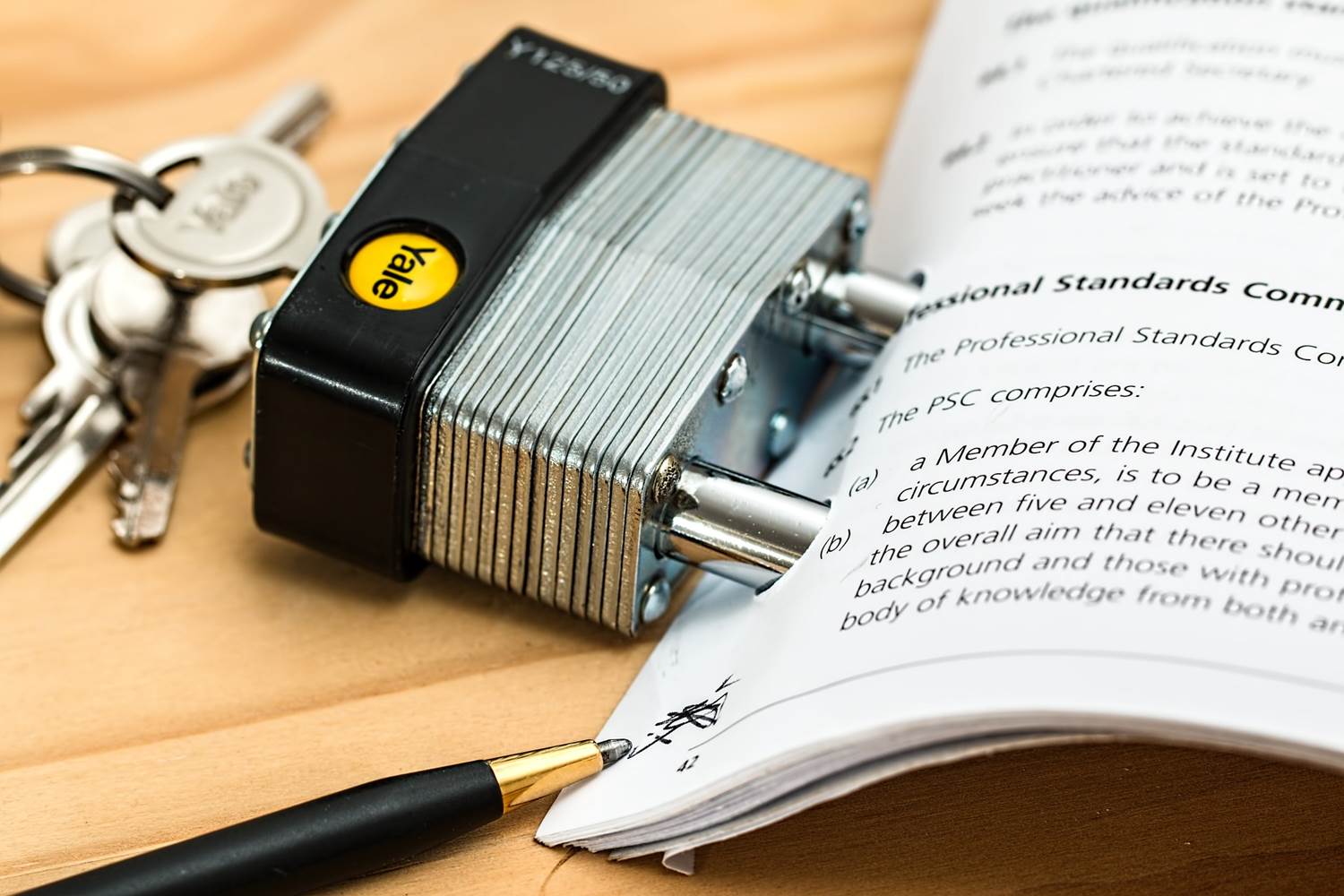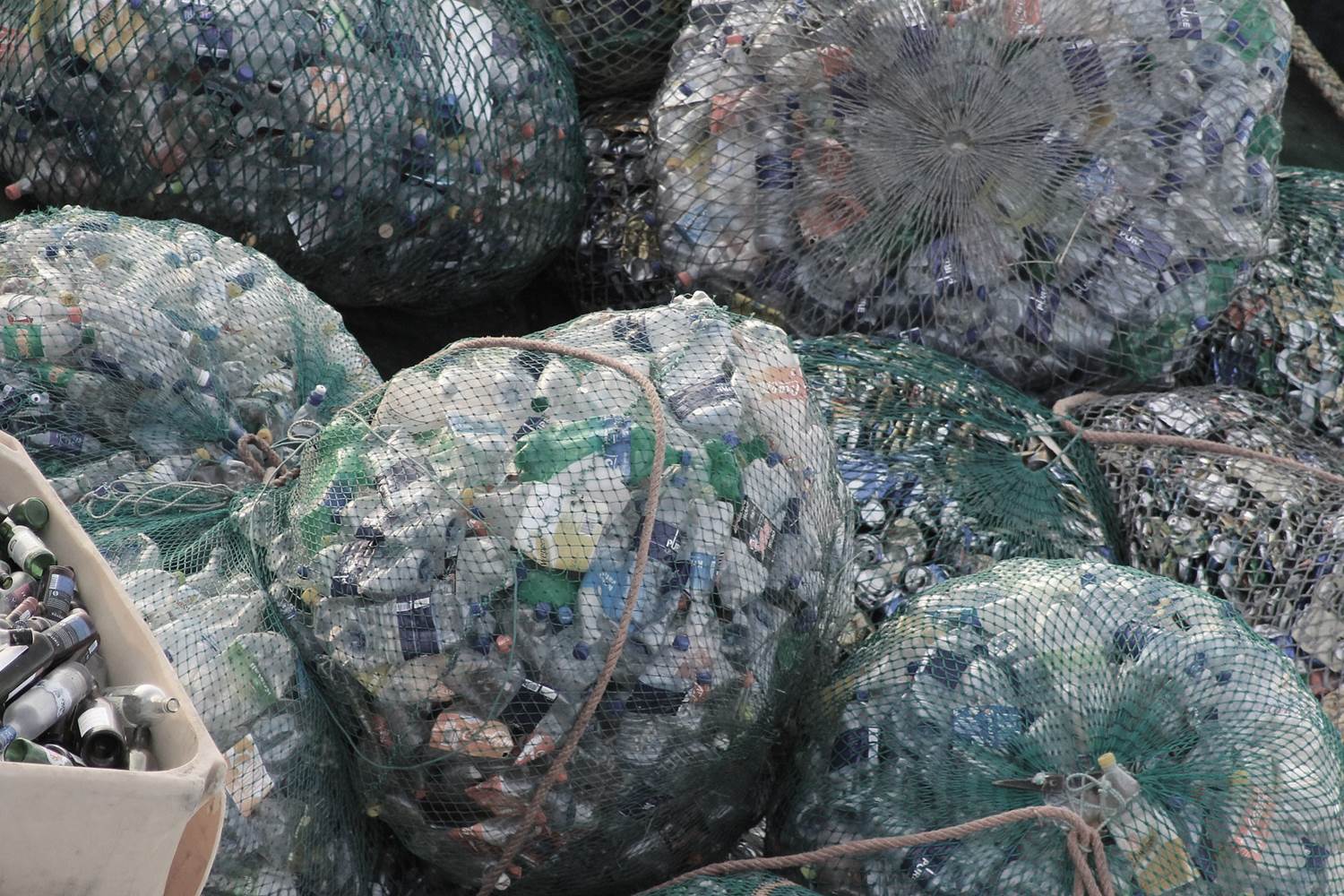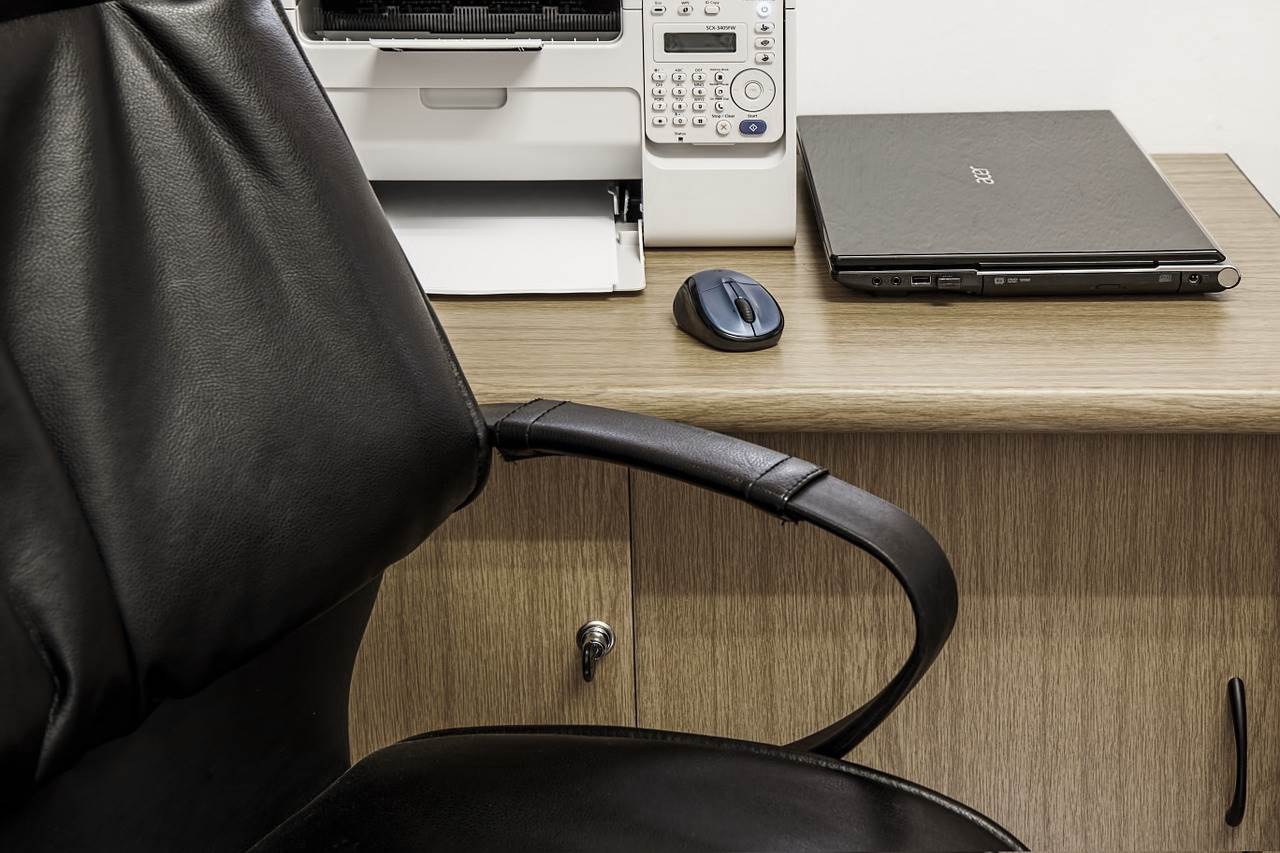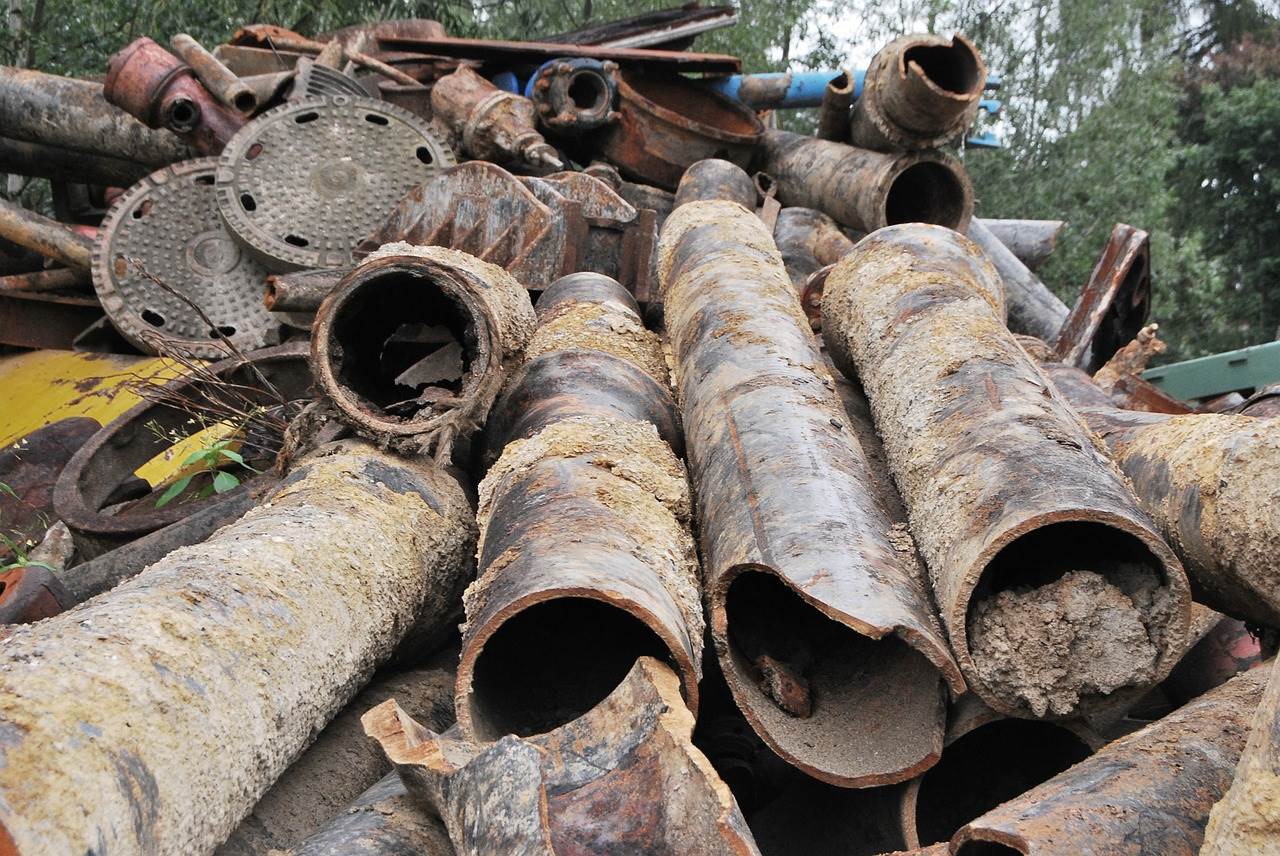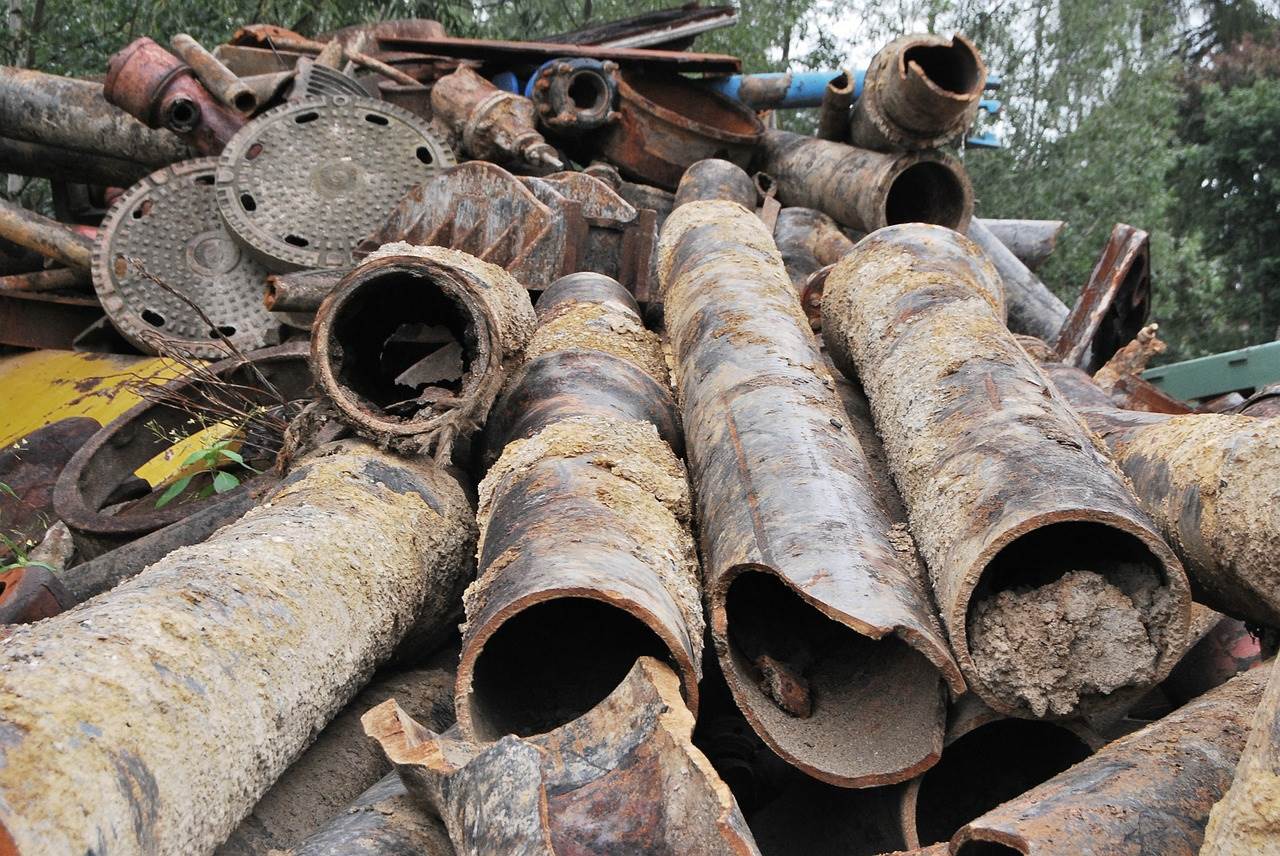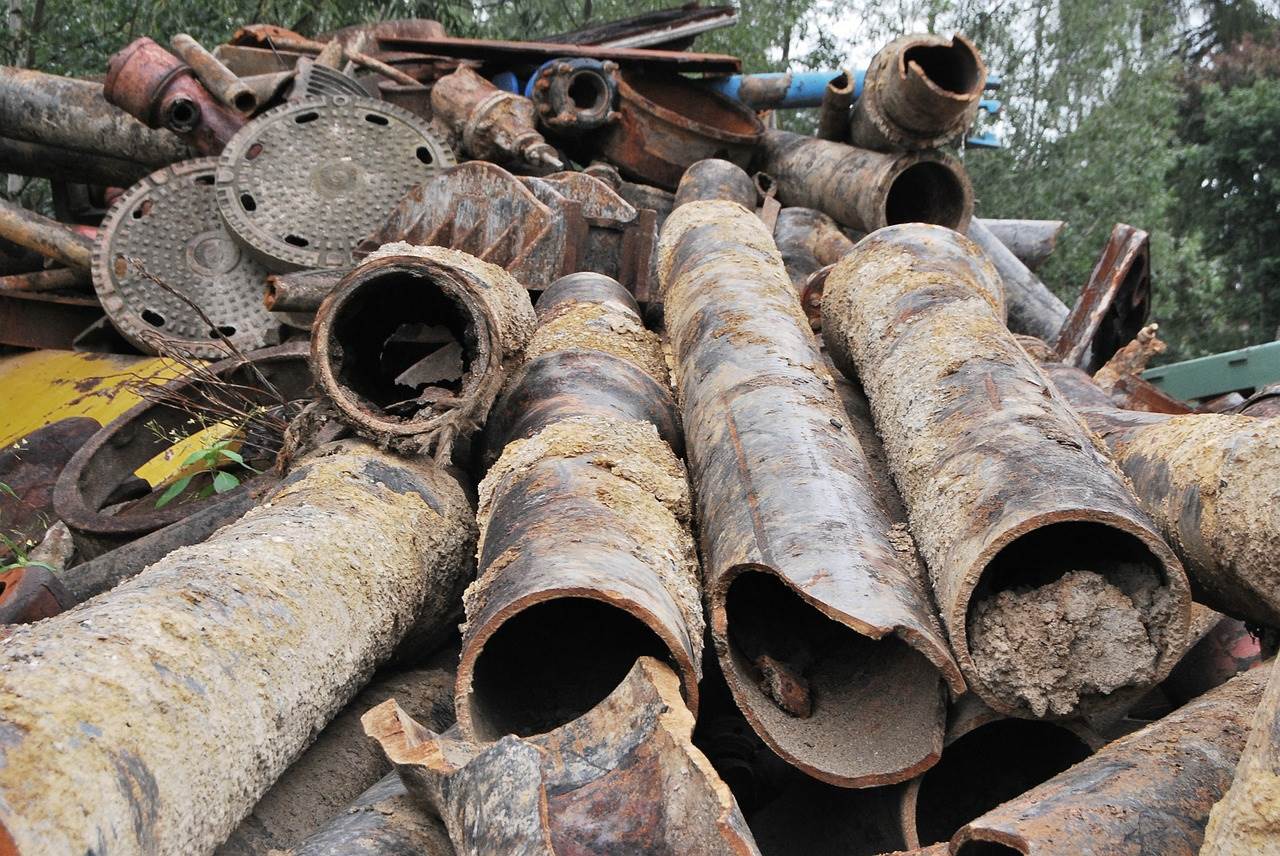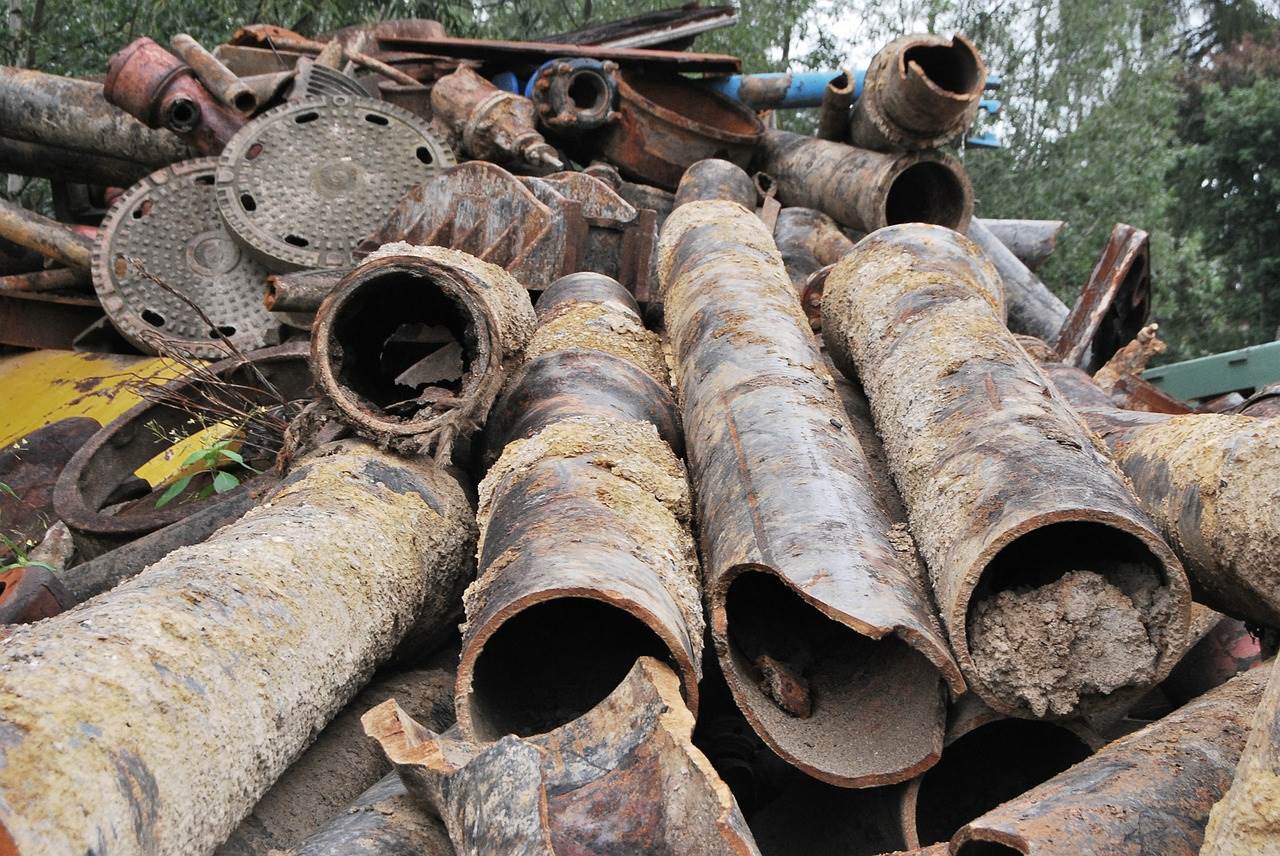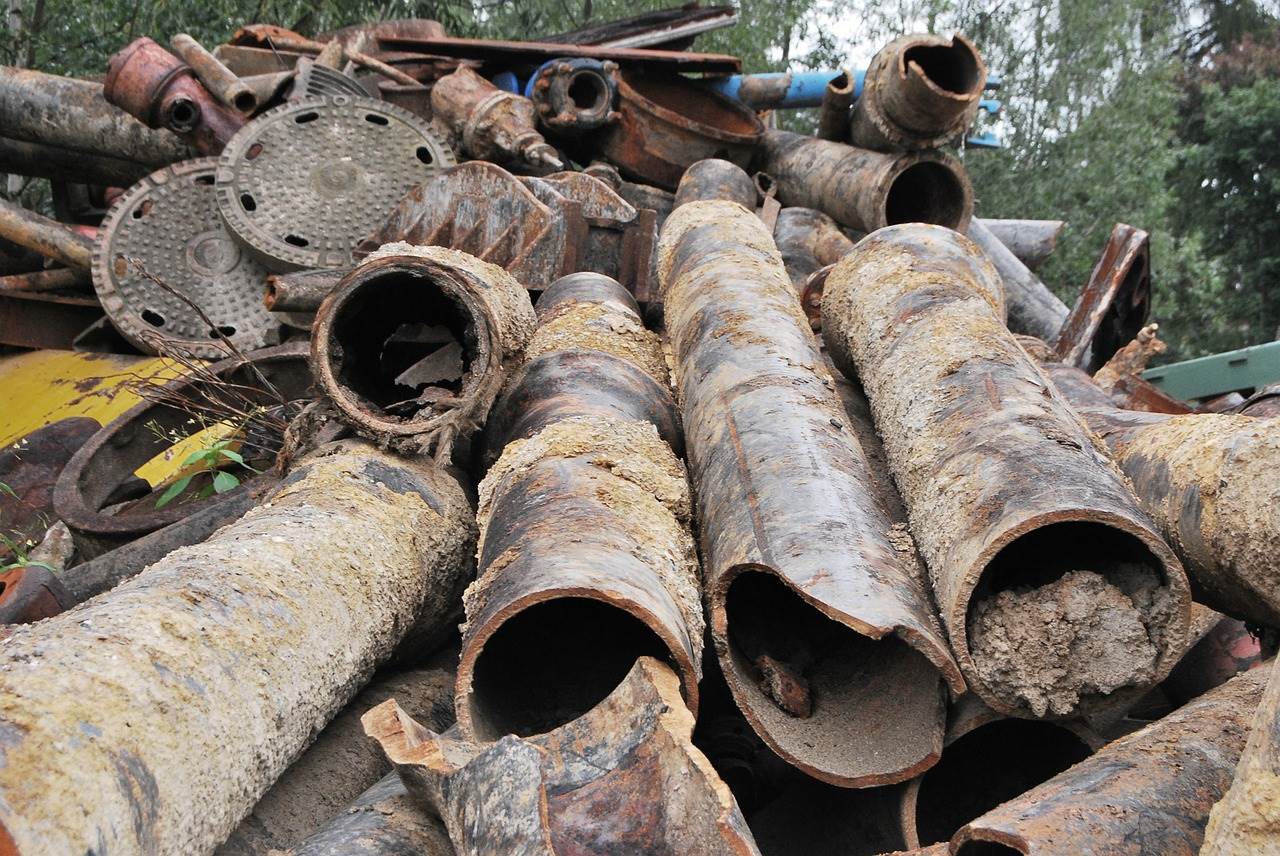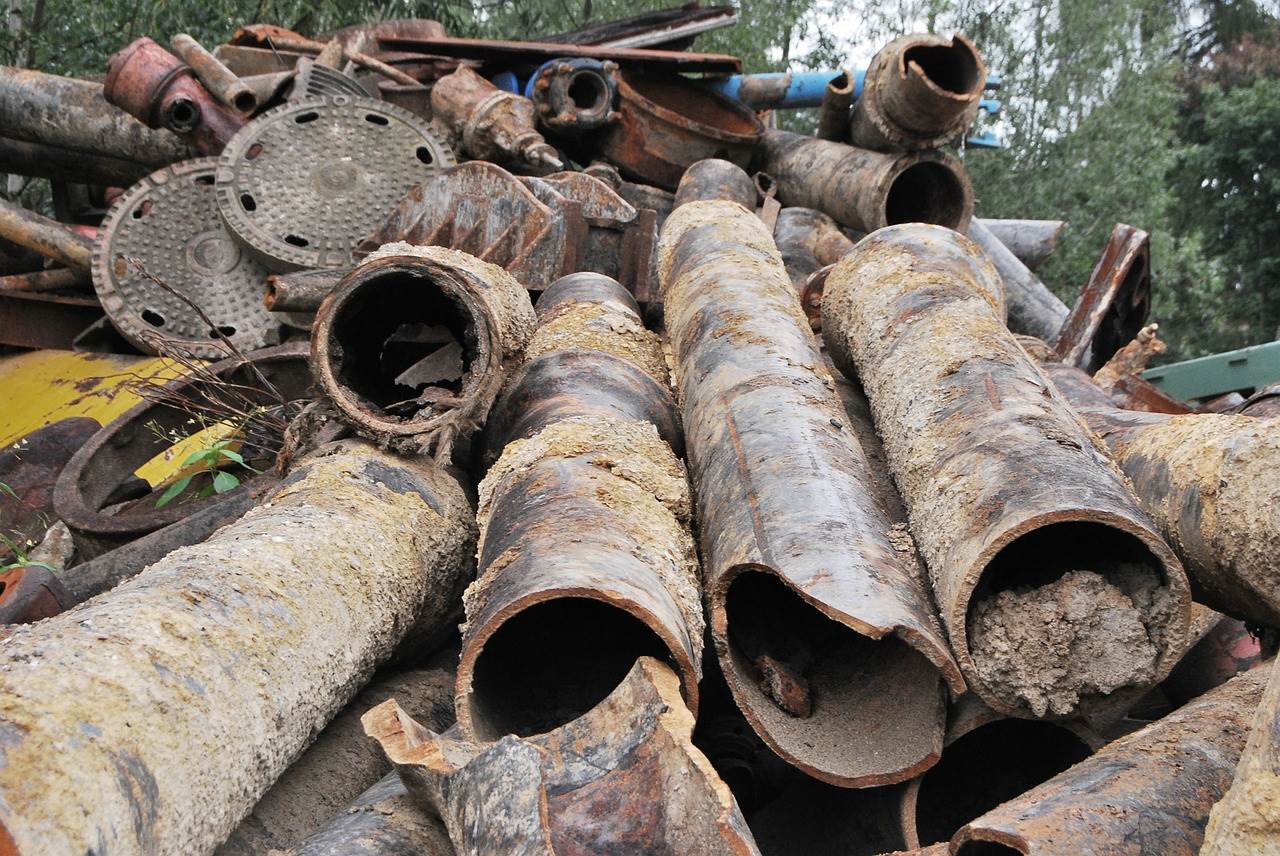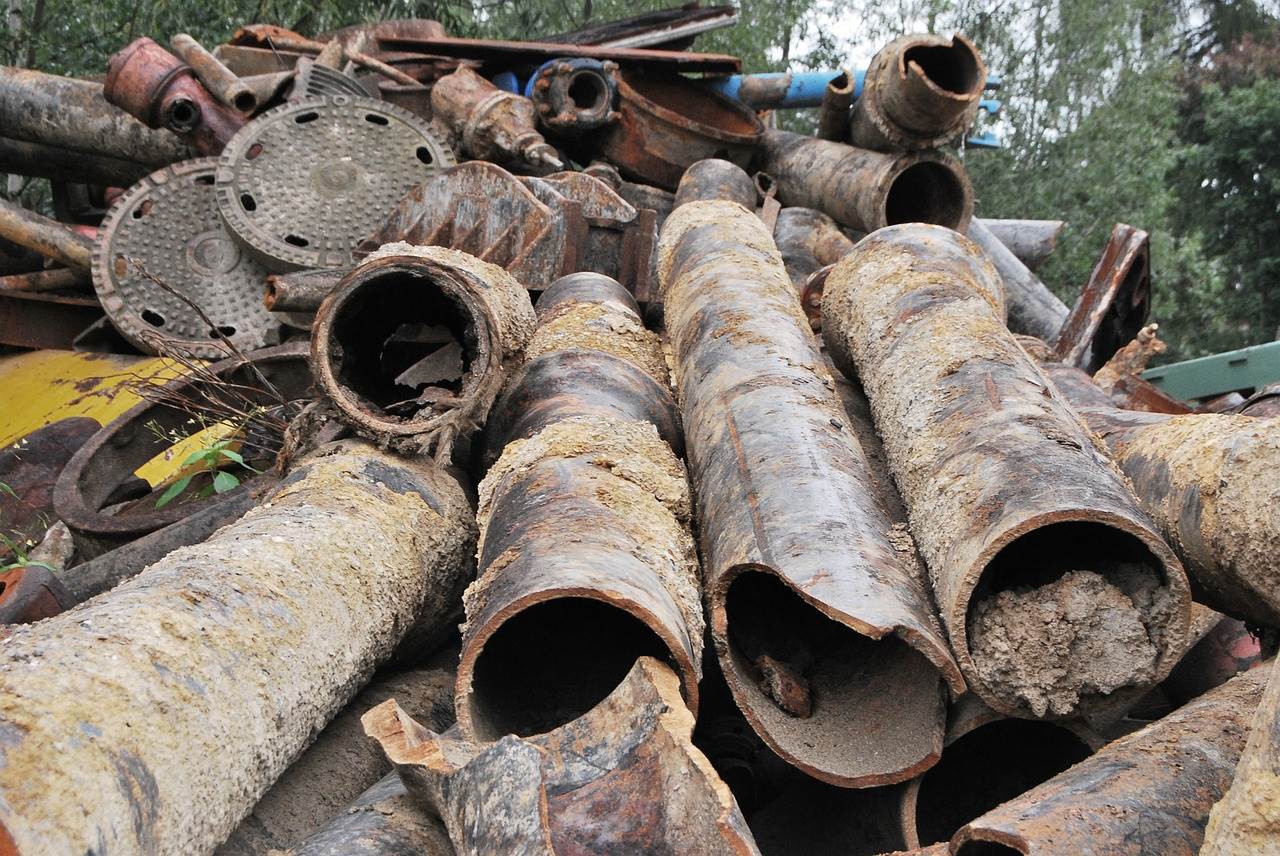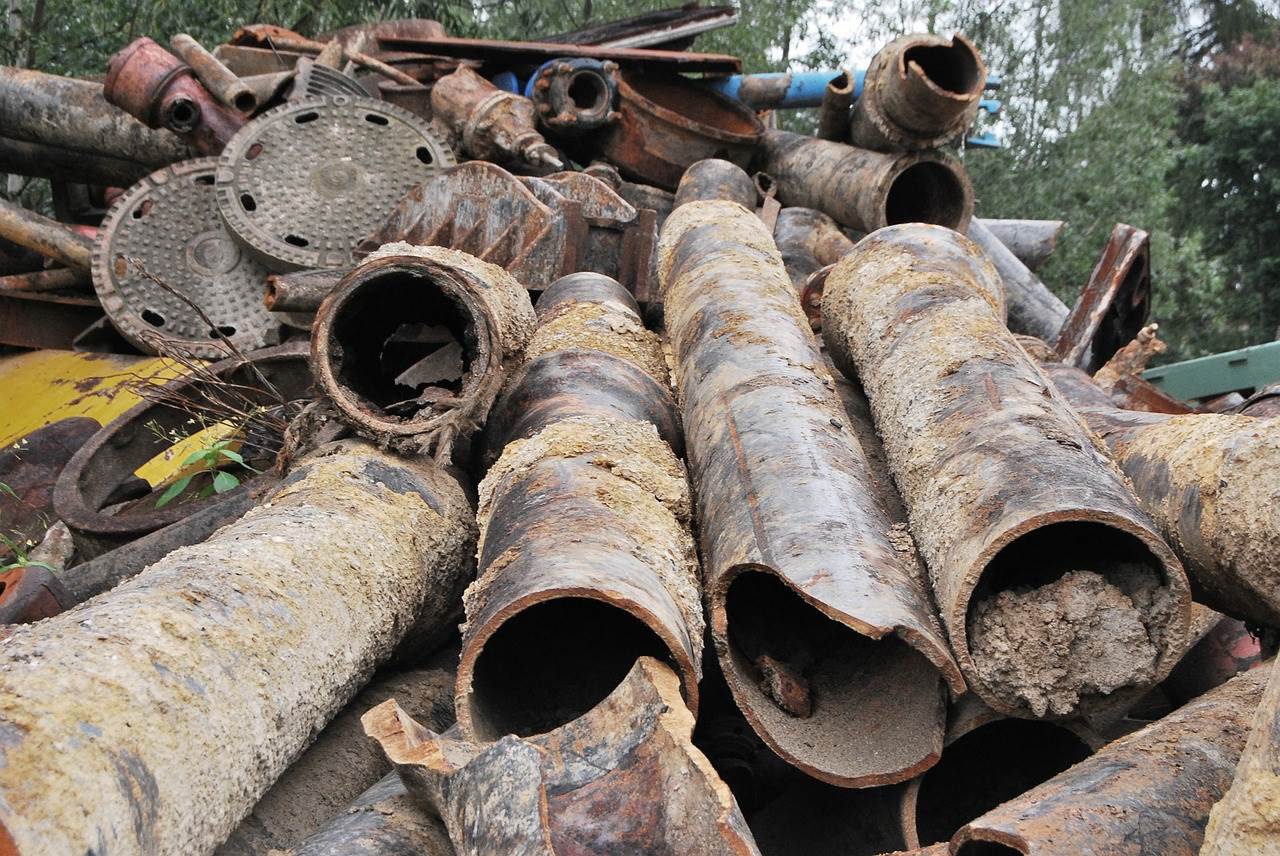
Talking Dirty – An Environmental Blog.
Date: 14/01/2015 | Blogs
So ‘Talking Dirty’ has returned….after a long absence I have decided that the environmental ‘blogosphere’ simply can’t survive without me! Or, perhaps, I have just had time to amass a number of opinions that I now feel the need to disseminate.
To break you all (back) in gently, I will keep this first blog of 2015 short and sweet and focused on a single topic: waste (now known in Scotland, at least by policy-makers, as a form of resource). From both a financial and a purely environmental perspective, it is prudent to consider waste materials as a resource wherever possible and, from experience, I know that those in the industry have been working on that basis for some time.
Over the last 18 months or so, there have been the rumblings of fundamental change in the resource management sector. Legislative amendments such as the alterations to the landfill tax regime and the imminent bolstering of SEPA’s enforcement ‘toolkit’ may account, in part, for the shifting landscape, but is there something more sinister afoot? Any views on this particular point will be welcomed!
It is clear that almost everyone operating in the industry is currently under the ‘SEPA spotlight’ and enforcement action is being taken far more frequently for (sometimes minor) non-compliance with environmental legislation and permits.
However, for the purposes of this blog post, I am going to focus on one particular critical issue facing many of those in this sector, that of contamination.
As local authorities come under increasing pressure to meet their recycling targets, the issue of contamination is becoming more acute. Contamination of recycling collections with non-recyclate such as food waste, nappies and other ‘nasties’, and contamination of ‘black bag’ collections with items which should be recyclable are both equally problematic for those operating waste processing plants. Additional sorting, separating and processing of unexpected materials is both time-consuming and costly for operators.
My recent experience of the type of disputes arising under contracts which deal with waste materials suggests that this is a serious (and increasingly common) issue in the industry for both contractors and local authorities. That view is supported by the results of waste analysis and reports being carried out on behalf of a number of Councils (and private companies) by companies like Albion Environmental. The unsatisfactory status quo has led to a number of people endeavouring to bring more attention to the issue with a view to encouraging much needed improvement. Some of the available statistics demonstrating the difference that such improvement could make from a financial standpoint are staggering.
There are a few specific measures which, if implemented would make a significant difference:
- Clarity and consistency as to what items/materials are ‘recyclable’ running through: government and SEPA policy documents; local authority tenders and documentation confirming what is acceptable to the operators of processing plants;
- Education of the public, particularly in residential areas, on exactly how their waste materials should be discarded and why that is important;
- Education of those operating waste collection services on the ground as to how to deal with waste materials presented for collection in a non-compliant fashion (i.e. rejection of such collection with an explanation as to why it has been rejected);
- Better communication amongst all of those in the industry who are affected by the issue of contamination.
However, all of the above need a coordinated approach and that is not something which will be easy to achieve in the current climate. Perhaps though, problems like the issue of contamination will force the main players in the industry to work together to find practical, workable solutions. Bodies like the CIWM could be instrumental in making that happen and they are, as always, keen to drive positive change.
If any of you have any views, comments or suggestions of specific ‘dirt’ that you would like to see discussed here then please get in touch – email, phone, twitter or linked-in.
I’ll be back again soon!












